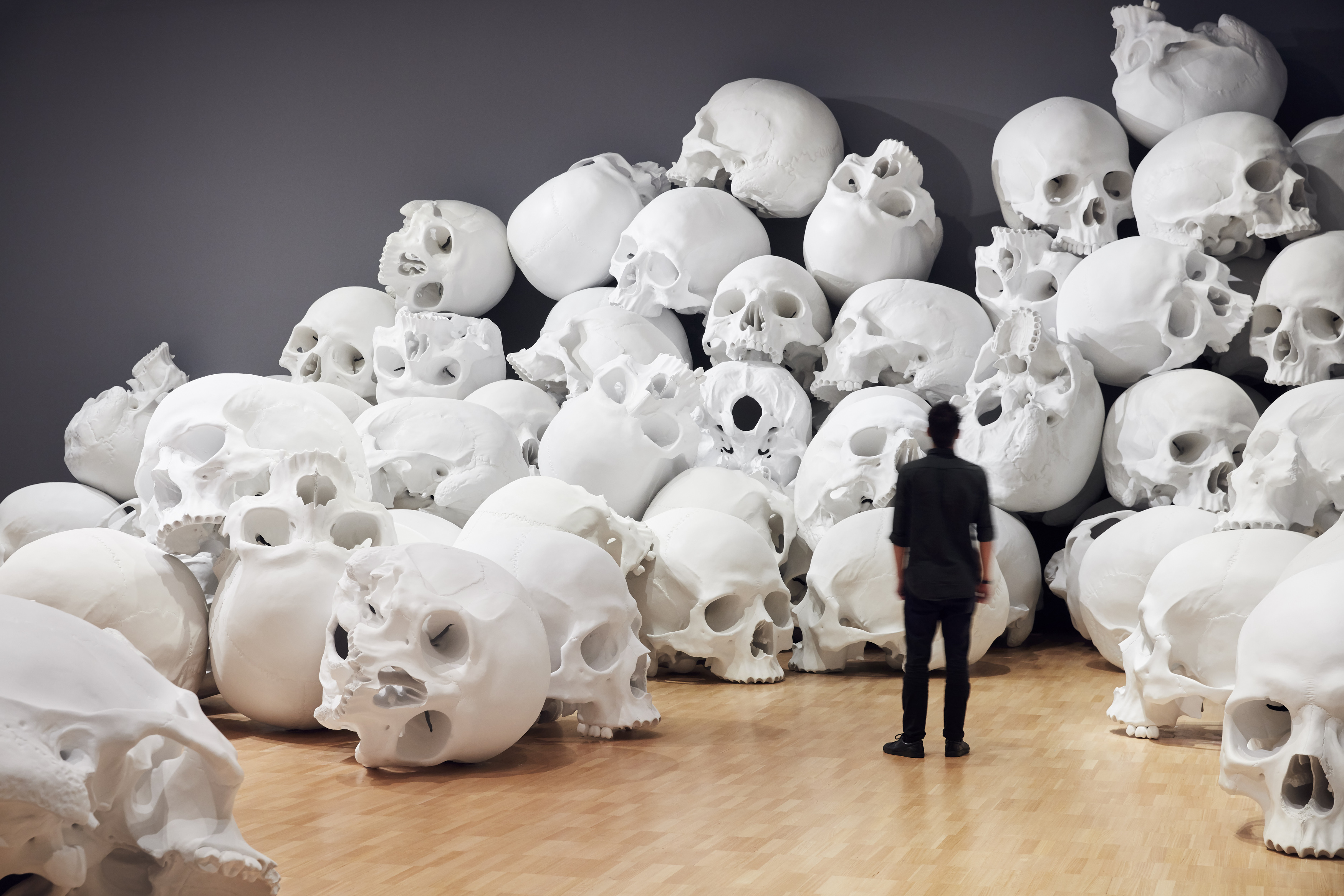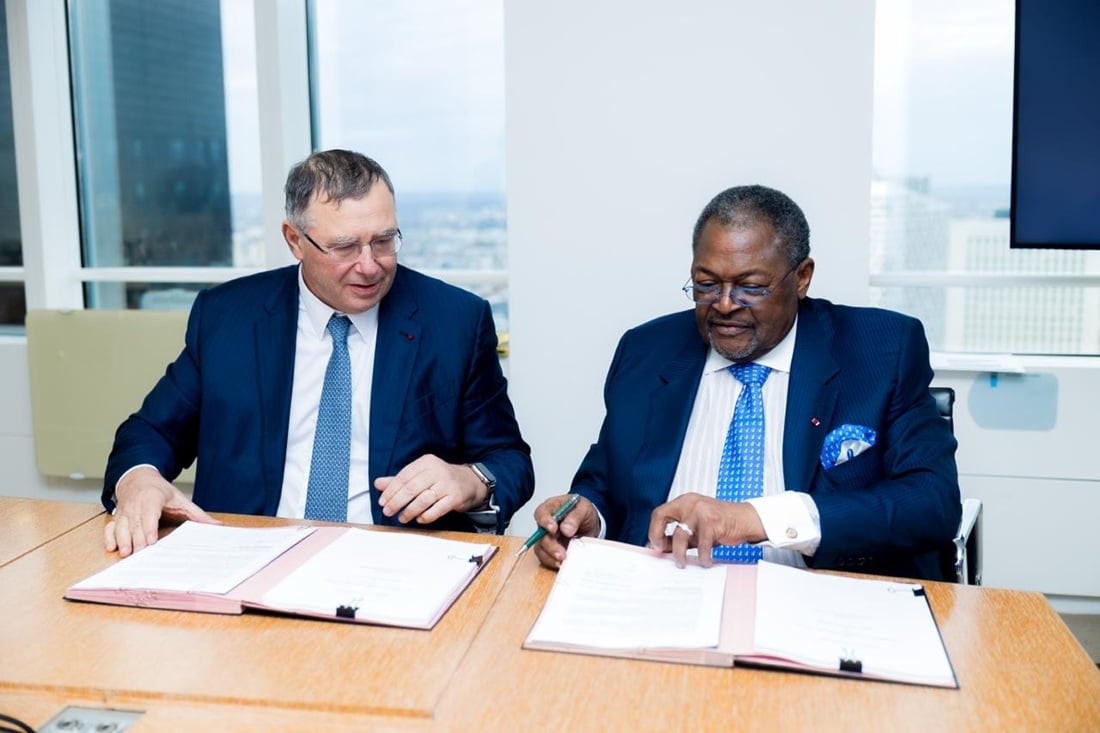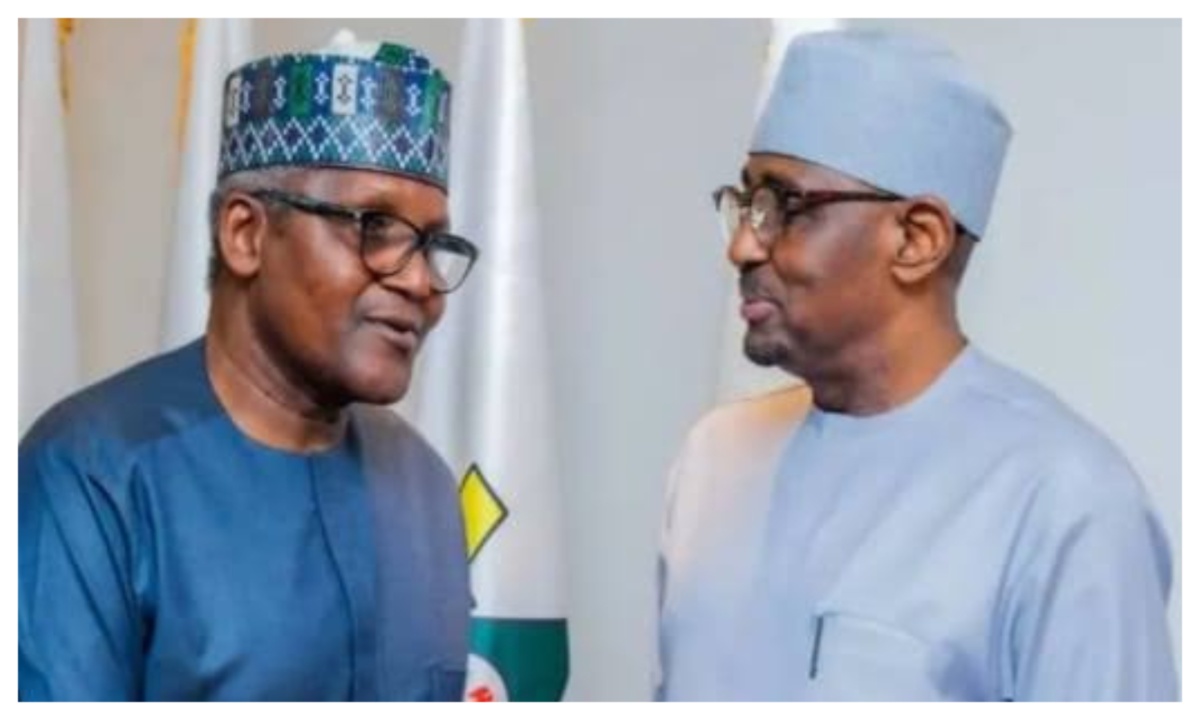Growing up in Nigerian has been my greatest pride since childhood. Everywhere I travelled I never
hesitated to reveal my country of origin. Before I became a Broadcast Journalist and Media Entrepreneur I was already a propagator of Nigeria’s immensely rich and beautiful culture and her collectiveness.
Our collectiveness as a people was a pride of mine. As an inhabitant of many different countries, I have experienced diverse cultures and ways of life; none of them were comparable to Nigeria so I was always eager to teach foreigners about our people, our (pidgin) language, our food, our values and our heritage. I was eager to dispel the monopolistic narrative of a poor, corrupted and economically distressed nation that the international media formed about us.
I remember being mocked by my foreign friends for frequently starting conversations with “In my country, Nigeria” and then explaining to them how the topic of discussion applies at home. I conceded the race on Infrastructure to them because we were lagging far behind but I vehemently challenged them on the race on Culture. I truly believed we had the best culture in the world; a culture where Muslims and Christians, Northerners and Southerners, put their collective interest as Nigerians above individual, tribal and religious interests.
An event from my childhood further elucidates the collectivist culture we once practised. While growing up both my parents travelled frequently for a living therefore my siblings and I were often watched by our aunties, close friends and neighbours. On a particular trip my parents had taken abroad, my younger brother (God rest his soul) was riding his bicycle in full speed at the lobby of the house while my elder sister was running downstairs with a pair of scissors in hand. In what we know understand as a freak accident, both my siblings collided and before we could understand what was happening there was blood all over the place, oozing from my brother’s forearm as the scissors my sister had been holding penetrated him.
In a quick panic, I yelled for my neighbour who was watching over us at the time and she immediately appeared on scene. As expected, she calmed everyone down and rushed my younger brother to the hospital where he was stitched up and sent home. My parents were filled in on the situation and with all sense of ease and calmness they thanked the neighbour and reiterated to my siblings and I not to worry, everything will be fine because the neighbour was there.
How does this story apply you may ask? Our neighbour was a northern muslim who my parents love and trust till today. Any good parent knows leaving your children in the care of another person takes an immense amount of trust and respect. In this present clime, sautéed with deep hatred for each other, distrust for our neighbours, bigotry, irredentism and so on, many I know will rarely rely on a friend or neighbour to fill the integral role my neighbour played in not only watching over us when we were younger but taking us as her own children.
Today trivialities such as tribe and religion have overshadowed the trust and camaraderie we once shared; this is further highlighted in the private and public sector. Before a Nigerian is employed in any organisation he or she is inundated with trivial questions such as their State of Origin, Religion and Ethnicity rather than thoroughly scrutinising their competence and ability to execute the job. Isn’t it a pity that a diverse country such as Nigeria refuses to see this as a strength? An average Nigerian has no love for his neighbour, no faith in the government and no hope in Nigeria. The gap between Christians and Muslims, Northerners and Southerners, the Elite and Masses continues to widen. This should be a valid concern for all Nigerians, including the elite who feel they are immune to violence because they have protection.
I hate to break it to every Nigerian, whether rich or poor. No one is safe! There is a loud agitation to divide this country which is engineered by politics. Many can see it but are scared to talk and this worries me most. I’ve become even more worried after my visit to Kigali Genocide Memorial in Rwanda. It seems the path Nigeria is currently towing mirrors that which Rwanda traversed before the infamous genocide occurred. To rejig our memory, 1959 – 1961 was a period of ethnic violence between the Tutsi and Hutu ethic groups. Belgian scientists divided the Rwandan populace through various stages in history. The most threatening division came in 1959 when Belgians outrightly executed their plan to divide and conquer Rwandans. They did so through:
a. occupation (Farmers were predominately Southern based and owned 10 cattle or less while Herders were Northern based and owned more than 10 cattle).
b. size of skulls (the eugenics movement in Europe and the U.S. concluded that the bigger the skull the more intelligent the person).
c. shadeof skin and height.
d. nose and other facial features.
Based on these classifications, the Tutsis were elevated above the Hutus and they began to believe the myth that they were superior to the Hutus. While the Tutsis were educated by the Belgian Roman Catholic Church the Hutus were left behind to work as peasant farmers. The Hutus grew hatred for the Tutsis and by the time Tustsi born King Mutara Rudahigwa decided to share power with the Hutus, the seed of discord had grown out of control.
The Belgians knew the power of ‘divide and rule’ strategy. It is important to note that before Belgium invaded Ruanda-Urundi (which is now referred to as Rwanda) both tribes cohabited peacefully without communal clashes. Their plans to destroy Rwanda was sealed by the issuance of Racial (tribal) Identification Cards which classified Rwandans as either Tutsis or Hutus. From April 7th, 1994 to July 15th, 1994 over eight hundred thousand (800,000) Rwandans, mostly from the Tutsi ethnic group, were killed in a barbaric way due to the division caused by the Belgians.
The behaviour that led to the Rwandan genocide is what we exhibit today in Nigeria; so called opposition leaders preach hate and intolerance both publicly and privately. The government in power is nepotistic and distrustful of other ethnicities. There is vast social and economic inequality in the land. The insensitivity of government policies is alarming. Social media influencers bastardise their follower-ship by propagating hate speech in exchange for political patronage. The present government is slow to act and quick to dispel constructive criticism. Opposition is championing the need to divide Nigeria because they lost elections. Insecurity is thriving while the economy is tanking. Most of Nigeria’s leaders are ignorant and nonchalant; they are highly corrupt and have little or no regard for their constituents.
What then is the solution you may ask? We need to, as a matter of urgency, define a national ideology. As a businesswoman, before I formed my company I had the vision and mission statements defined so that I can work assiduously towards achieving them. What then is the vision of Nigeria? What are we working towards? A military general singlehandedly wrote the Nigerian constitution and we expect this to rightly reflect the thoughts and aspirations of 200 million Nigerians.
My solution to the silent civil war we are battling is quite simple: 1) We must first identify that playing politics with security matters in primitive therefore we must put an end to it. 2) We must acknowledge that in this silent civil war we are facing, there is no correct side. 3) We must shun tribal, religious and class division by looking at ourselves as a collective body of Nigerians and Nigerians only. 4) We must de-emphasize ‘State of Origin’ and ‘tribal affiliations’ from our rhetoric. In fact, we must banish these terminologies because they essentially hold no value. 5) We must discipline politicians and influencers within and outside Nigeria who divide us through hate speech and primordial sentiments. 6) We must also shun ‘money politics’ and elect detribalised and knowledgable leaders with integrity. 7) We must define our national ideology then fix our constitution to reflect this.
Only then can we put an end to this silent civil war we have been fighting in the past ten years. Let those who have ears…
Written by Osasu Igbinedion
First published on www.OsasuIgbinedion.com
20/07/2019

 News5 days ago
News5 days ago
 Featured5 days ago
Featured5 days ago
 Sports1 day ago
Sports1 day ago
 News5 days ago
News5 days ago
 Opinion6 days ago
Opinion6 days ago
 Opinion5 days ago
Opinion5 days ago
 The Oracle3 days ago
The Oracle3 days ago
 National5 days ago
National5 days ago










